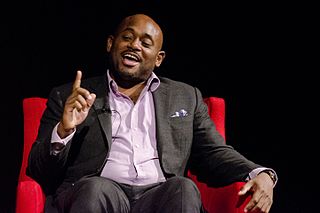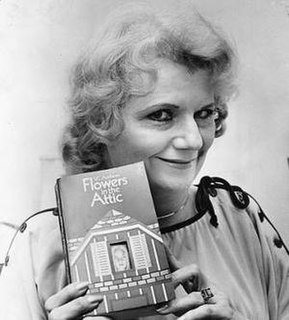A Quote by Geraldine Brooks
I am not part of that earlier Australian generation who set off on a deliberate search for fame and fortune in distant lands. My generation was the first that didn't need to. By the 1980's when I left home, our culture had grown deep enough and wide enough to encompass all but the most rarefied of ambitions.
Related Quotes
The world has enough women who are tough; we need women who are tender. There are enough women who are coarse; we need women who are kind. There are enough women who are rude; we need women who are refined. We have enough women of fame and fortune; we need more women of faith. We have enough greed; we need more goodness. We have enough vanity; we need more virtue. We have enough popularity; we need more purity.
I believe our task is to develop a moral and aesthetic imagination deep enough and wide enough to encompass the contradictions of our time and history, the tremendous loss and tragedy as well as greatness and nobility, an imagination capable of recognizing that where there is light there is shadow, that out of hubris and fall can come moral regeneration, out of suffering and death, resurrection and rebirth.
Today's children are living a childhood of firsts. They are the first daycare generation; the first truly multicultural generation; the first generation to grow up in the electronic bubble, the environment defined by computers and new forms of television; the first post-sexual revolution generation; the first generation for which nature is more abstraction than reality; the first generation to grow up in new kinds of dispersed, deconcentrated cities, not quite urban, rural, or suburban.
We read deeply for varied reasons, most of them familiar: that we cannot know enough people profoundly enough; that we need to know ourselves better; that we require knowledge, not just of self and others, but of the way things are. Yet the strongest, most authentic motive for deep reading…is the search for a difficult pleasure.
Love, when it came and knocked on my door, was going to be enough. And that unknown author who'd written that if you had fame, it was not enough, and if you had wealth as well, it was still not enough, and if you had fame, wealth, and also love ... still it was not enough - boy, did I feel sorry for him.







































